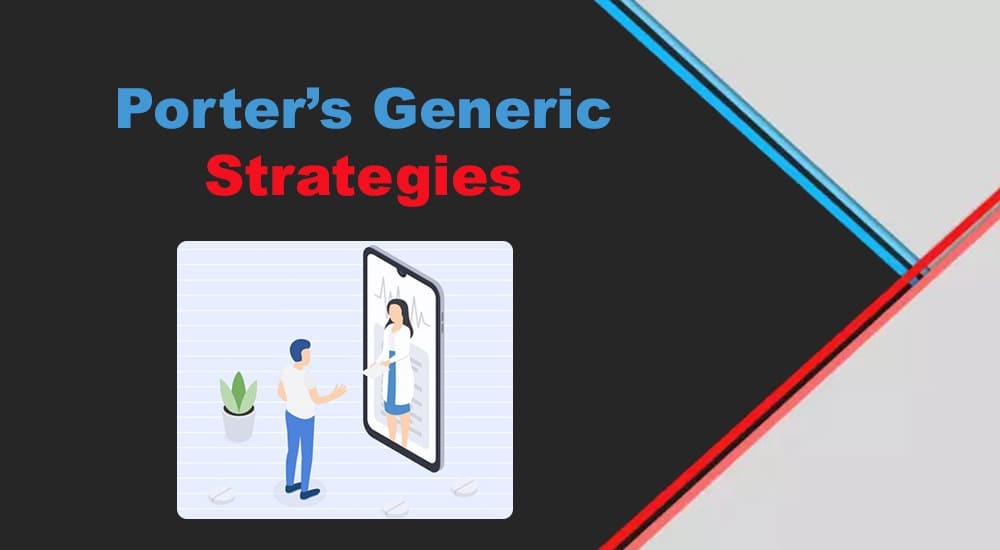Porter’s Generic Strategies: Explanation & Examples
Porter’s Generic Strategies were developed in 1985 by Michael Porter, and they first appeared in his book “Competitive Advantage: Creating and Sustaining Superior Performance.” These strategies help businesses assess their growth, management, and profitability and create a competitive advantage. What are Porter’s Generic Strategies? Porter’s Generic Strategies include three approaches applied to all products or …



